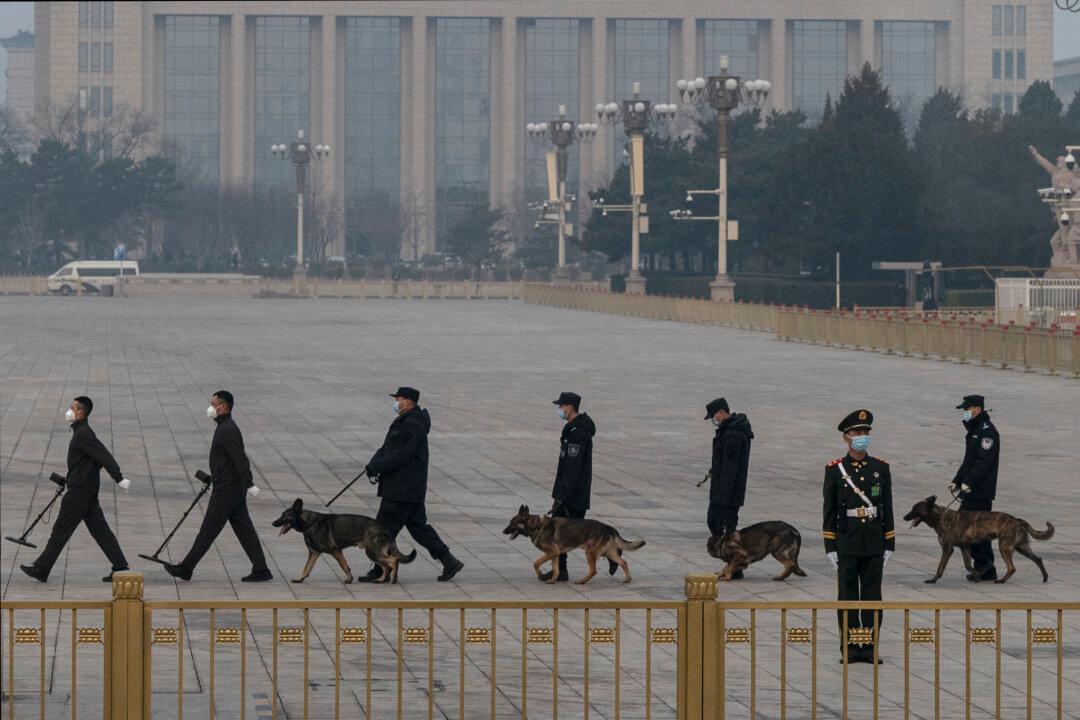Commentary
China’s social safety problems are increasingly drawing public attention. In the last two weeks of May, violent cases occurred in many parts of China, even resulting in the death and injury of primary school students.

China’s social safety problems are increasingly drawing public attention. In the last two weeks of May, violent cases occurred in many parts of China, even resulting in the death and injury of primary school students.